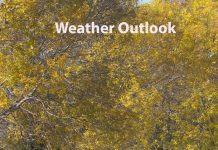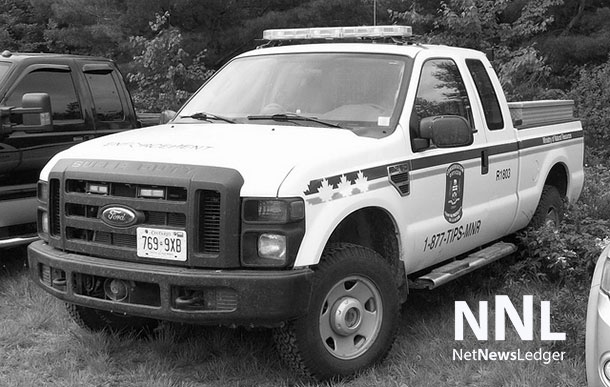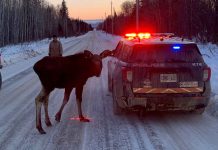
Hunting season is upon us. This time of the year my people the Cree of James Bay are actively out on the land hunting and many more non-Native people are eager also to bag their moose or partridges. I never did a lot of hunting in the fall but many people do. It is a great time of the year to be out on the land and I have many great memories of sitting around campfires, traveling the rivers and the great James Bay. There are few if any bugs to bother people, it is not hot but generally cool and that provides for an easier time wandering in the forest and on the land.
Memories of sitting with my family around a campfire next to the pebble shores of James Bay while out on the land in the cool fall air are still alive in my mind. I can almost smell the roasted goose, the scent of the pine and the sweet fall odour of the forest. The time of the hunt is part of my DNA and every Indigenous person in this country. It is at the same time a tradition for all of the non-Native people who love to be out on the land and in the hunt this time of the year.
Things are changing though as time moves along. There are fewer geese, ducks, partridge, moose, and caribou. That is just the reality. However, it is one that too many of us hunters refuse to realize. How on earth are the next generations going to enjoy the tradition and culture that is involved in the hunt if we kill the animals and birds into extinction? If you think this has not happened in the past all you have to do is consider that there are currently 26 creatures on the endangered list in Canada. These include: American Eel, Atlantic Bluefin Tuna, Atlantic Halibut, Barndoor Skate, Black-footed Ferret, Blanding’s Turtle, Blue Whale, Bocaccio Rockfish, Copper Redhorse, Eskimo Curlew, Fin Whale, Golden Tilefish, Marbled Murrelet, North Atlantic Right Whale, Redfish, Roundnose Grenadier, Sea Otter, Sei Whale, Shortnose Cisco, Shortspine Thornyhead, Smooth Skate, Spotted Turtle, Vancouver Island Marmot, Whooping Crane, Winter Skate and the Wood Turtle.
In the past 100 years, we have lost 158 fish, 146 amphibians, 80 birds and 24 reptiles. Much of this was due to human encroachment and affect. Most recently the mainland moose has been added to a list of species that are in danger of becoming extinct in Nova Scotia and there are only about 1,000 left in that province. So realize that that trend is possible in every other province in Canada as well.
All hunters want to come home with something after spending a lot of time, money and effort to chase their prey and that is understandable. It also has a lot to do with culture and traditions for Indigenous and non-Native people. However, my dad Marius and the Elders who taught me about harvesting animals, birds and fish always made a point to tell me that you should take only what you need to feed your family and to never just take the life of a creature for only the thrill of the hunt. My Elders taught me to give an offering and give thanks when taking from the land. Although I agree with that fact that we as Indigenous people of this country have our rights when it comes to harvesting, I also realize that we have to remember that there is not an unlimited amount of animals, fish, and birds in this country or world. We know through our past experience that any creature can become extinct and you would think that would make us think about our role in a time where most animals, birds, and fish are on the decline.
On occasion I hear about hunters, both Native and non-Native, overhunting, killing moose and leaving much of it in the forest to rot. I also hear about those who kill many dozens of geese and letting them go to waste. Most often this type of action has to do with the fact that the hunters either Native or non-Native are not thinking right and really unwell in their own lives or they would not be doing this. Our ancestors did not teach us to kill everything in sight for a reason.
If you want to keep hunting into the future with your children and grandchildren and passing down a very worthwhile tradition then you really should think about dealing with the reality that all these populations of prey are diminishing. We need to support and create services and programs to keep tabs on animal populations on the land and we must hunt with a good sense of our impact on these numbers. We need to simply remember to respect the tradition of the hunter and gatherer in the relationship to the land and the creatures that walk it. If we refuse to do this then we are ruining the tradition of the hunt and all of the teachings and cultural aspects of it for our future generations. That would be a very sad thing.
I wish all the hunters good luck, safe hunting and above all the notion that their experience on the land is an ancient tradition and based on respect. Let the smell of the woodstove linger in your memory, may the comfort of your family and friends out on the land stay with you and if and when you take the life of a creature you understand what that means.





